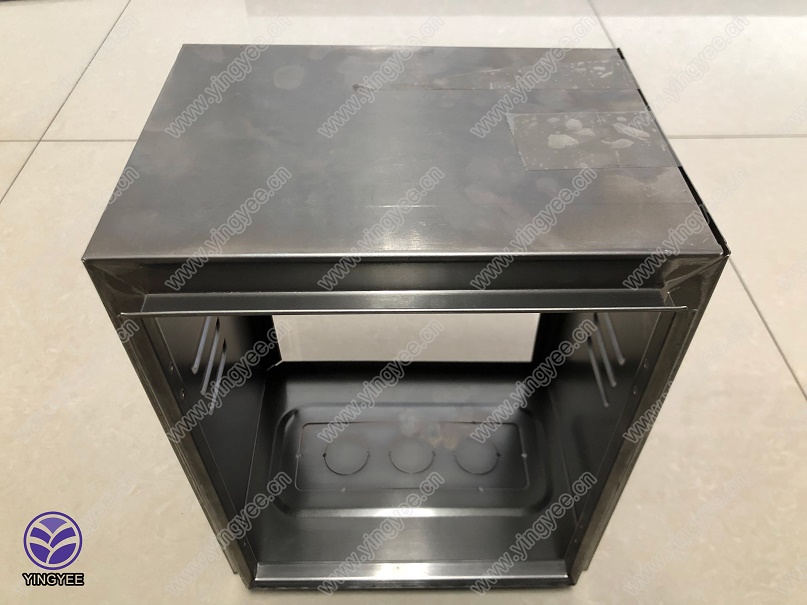
Understanding SS Tube Mills An Overview
Stainless steel (SS) tube mills are essential manufacturing units that play a pivotal role in producing stainless steel tubes and pipes. The demand for stainless steel products has surged over the years due to their excellent corrosion resistance, durability, and aesthetic appearance. This article delves into the significance, operation, and applications of SS tube mills in modern industries.
What is a Stainless Steel Tube Mill?
A stainless steel tube mill is a specialized piece of equipment used to manufacture tubes and pipes from stainless steel coils. The process involves a series of mechanical operations that include uncoiling, shaping, welding, and finishing. Typically, these mills are designed to produce a wide range of tube sizes and specifications, tailored to meet various industrial requirements.
The Manufacturing Process
The operation of a SS tube mill can be broken down into several key stages
1. Uncoiling Stainless steel coils are fed into the mill, where they are uncoiled for further processing. The coils are usually made of various grades of stainless steel, chosen based on the intended application of the final product.
2. Forming As the coils pass through a sequence of rollers, they are gradually shaped into a tubular form. This is achieved through various forming techniques, including roll forming and bending. The precision of this stage is crucial for ensuring uniformity in the tube dimensions.
3. Welding The next step is welding, where the edges of the formed stainless steel strip are welded together to create a continuous tube. High-frequency induction welding is commonly used in modern mills due to its efficiency and ability to produce strong welds without adding filler material.
4. Cooling and Sizing After welding, the newly formed tube is cooled and then passed through sizing rollers. This process ensures that the tube meets specific dimensional requirements, such as diameter and wall thickness.

5. Finishing The final stage involves finishing processes, which may include polishing, cutting, and surface treatment. These steps enhance the surface quality and prepare the tubes for their respective applications.
Applications of Stainless Steel Tubes
Stainless steel tubes produced by tube mills have a wide range of applications across various industries
- Construction Stainless steel tubes are widely used in the construction industry for structural applications, handrails, and scaffolding due to their excellent strength-to-weight ratio and resistance to corrosion.
- Automotive The automotive industry employs stainless steel tubes in exhaust systems, fuel lines, and hydraulic systems, where resistance to high temperatures and corrosive environments is essential.
- Oil and Gas The oil and gas sector relies on stainless steel tubes for pipelines and equipment that require high strength and durability under extreme conditions.
- Medical In the medical field, stainless steel tubes are utilized for surgical instruments, implants, and various medical devices due to their biocompatibility and resistance to sterilization processes.
- Food and Beverage The food and beverage industry prefers stainless steel tubes for sanitary applications, including food processing and packaging, where hygiene and corrosion resistance are critical.
Conclusion
In conclusion, stainless steel tube mills play a vital role in the production of high-quality stainless steel tubes that cater to various industrial sectors. As technology advances, these mills continue to evolve, incorporating innovative techniques and machinery that enhance efficiency and product quality. The versatility and reliability of stainless steel tubes ensure that they will remain an integral part of modern manufacturing processes for years to come. Understanding the significance of SS tube mills can help industries make informed choices in sourcing materials that meet their specific needs, ultimately leading to enhanced performance and sustainability in their operations.